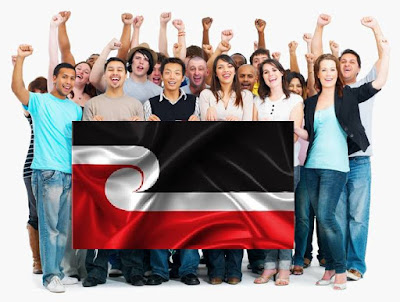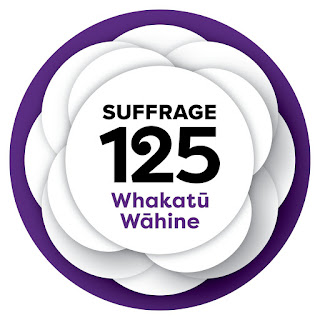Mellow Yellow 6
Excerpts from Mellow Yellow 6
Assimilation
"In moving between these situations and societies, I've navigated different types of adaptation and assimilation: assimilation out of respect for local culture and practices, adaptation in order to be understood (eg. learning the language and colloquialisms, also trying to pick up the local non-verbal cues and social norms) and to communicate and observe effectively. This is in order to process my environment in a more involved, responsible, accountable and less disassociated way. These are choices I made autonomously, with agency." - Anna Vo
Assimilation
"In moving between these situations and societies, I've navigated different types of adaptation and assimilation: assimilation out of respect for local culture and practices, adaptation in order to be understood (eg. learning the language and colloquialisms, also trying to pick up the local non-verbal cues and social norms) and to communicate and observe effectively. This is in order to process my environment in a more involved, responsible, accountable and less disassociated way. These are choices I made autonomously, with agency." - Anna Vo
Interview with Omar Musa. By batik.
"This is the point when I quickly grabbed my pen and paper. “You know in Australia.... multiculturalism is seen as this dirty word, like some sorta of fallacy. But I think even before the influx of immigration, there were hundreds of Aboriginal tribes which in itself is multicultural. The problem is when people aim to have this homogenous culture of what is basically determined by white Australians.”
I quip in about the situation in Aotearoa New Zealand, where a lot of tension in discussions around multiculturalism is driven by a fear of multiculturalism as a threat to New Zealand as a bicultural nation that prides in supposedly honouring Pakeha relations with Maori as indigenous peoples. Omar responds “like, sometimes I see in online debates or whatever like people say they're okay with multi-racial but multiculturalism is divisive because Australia needs to be united, there needs to be one united culture...” and that's where his sense of hope and reclaiming multiculturalism as this positive concept stems from. “It's a natural way of society anywhere in the world now.” "
“Are you a Kiwi?”: Asian hitching stories
"Some drivers would randomly start talking about Asian people they’ve met or known. A Welsh guy even praised my people: “you Chinese are excellent bridge-builders!” I can’t remember the context, maybe it was about the ineffectiveness of walls? Especially the great wall? Which came from a conversation about the fall of the Berlin wall? But bridges! We build great bridges at least. I’ve never built one myself, but hit me up if you need a bridge built cos it’s in my blood!"
...
When non-Pakeha migrants accept or claim the identity of being ‘Kiwi’, I think it risks reinforcing the ethnocentric divisions made between those that have assimilated to an acceptable degree to those that are marked as foreign and problematic. At the same time, buying into the idea of a homogenous national identity founded and promoted by a colonial settler society means siding with the colonisers by default. When they can make you believe that your identity, a core of the self is connected to this colonial settler nation- state and the dominant culture, it makes it easier to pit ethnic minorities against tangata whenua and divide those with citizenship/permanent residency and those without. I think assimilation into the dominant culture has the tendency to breed complicity in colonial dynamics and border imperialism." - Bamboo
Adapting assimilation
"I've gone through a whole bunch of feelings about not being able to speak Cantonese. Embarrassment, shame, grief, loss, frustration, anger, grace, understanding, forgiveness. At the
moment I'm feeling pretty generous towards my folks." - Dumpling
Margins and centres of the 'body beautiful'
"Before transitioning hormonally, I'd never seen myself existing in a public story. There are few, if any, representations, Hollywood stars, main characters in books, actors on TV, who are short butch chinese pansexual women." - Dumpling


This comment has been removed by the author.
ReplyDelete